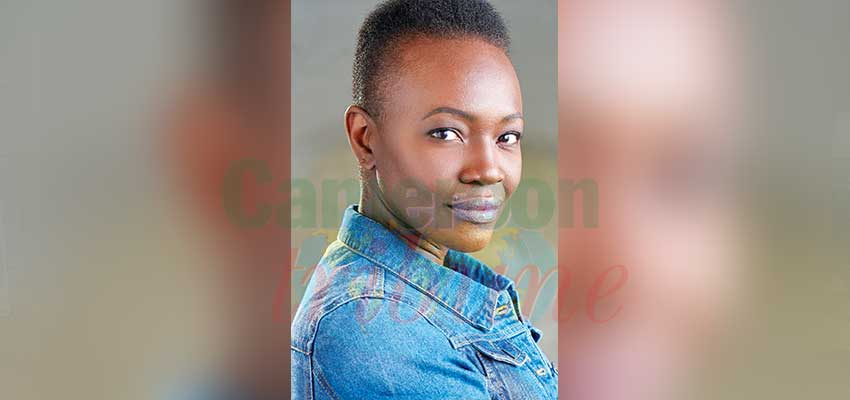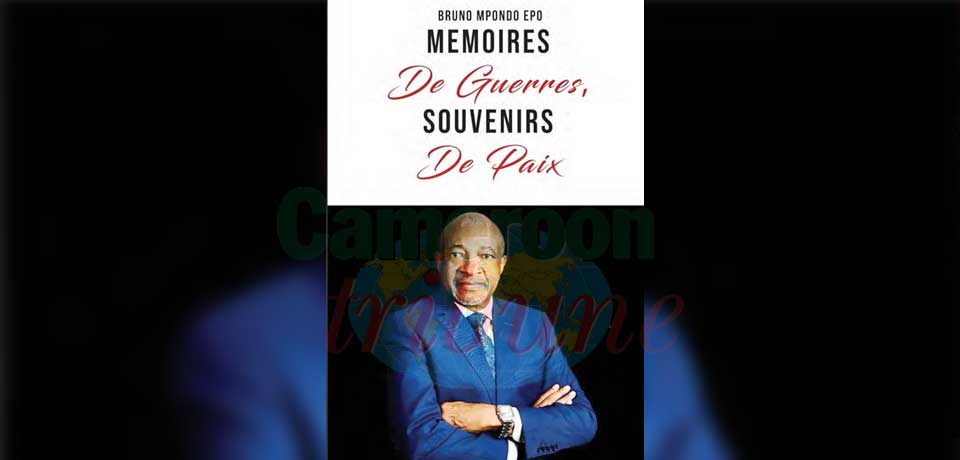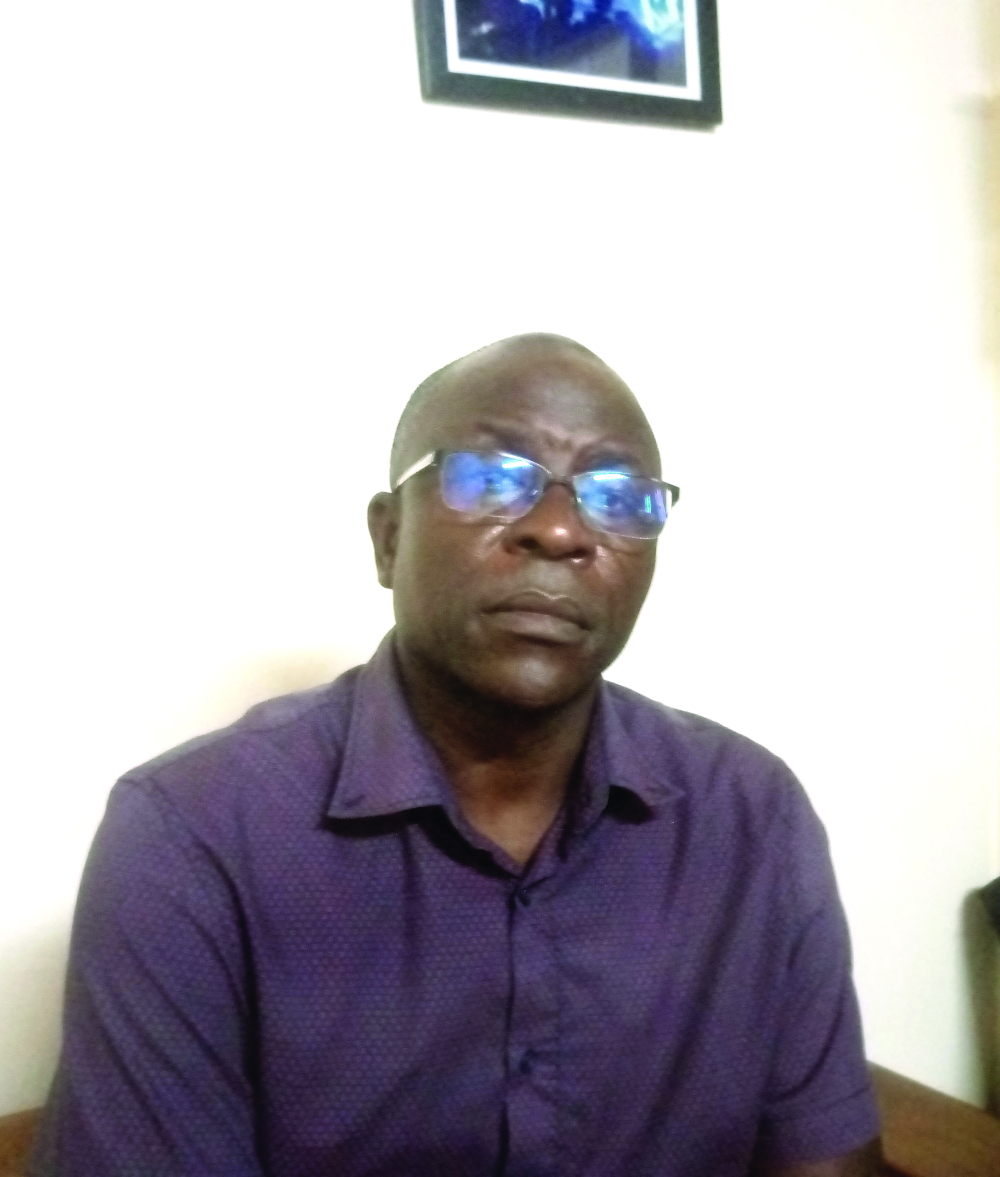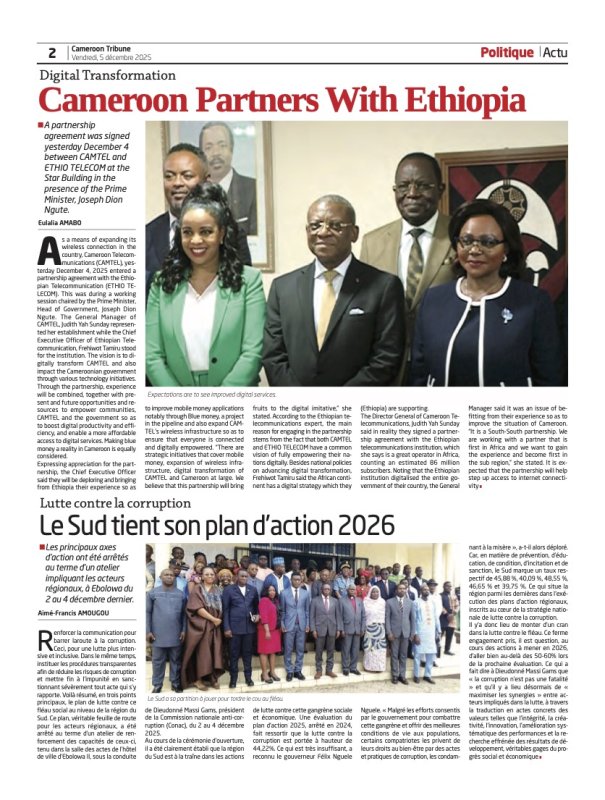Cinéma : Constance Ejuma, From Hollywood
- Par Maimounatou
- 14 Aug 2020 11:40
- 0 Likes

Son parcours du Cameroun à la capitale du cinéma mondial, l’actrice le raconte, entre accomplissements et perspectives.
« Black Is King », le film musical de la diva américaine Beyonce, est sans doute l’un des événements les plus attendus de l’univers culturel cette année. Un long métrage inspiré du film « Le roi lion » qui braque les projecteurs sur les talents artistiques du continent africain. Le Cameroun a joué sa partition dans cette production riche en couleurs et en sonorités. Trois Lions indomptables de la culture, à savoir l’artiste-musicien, Salatiel, le créateur, Imane Ayissi et l’actrice et productrice, Constance Ejuma, y font des apparitions remarquées. L’actrice Ejuma ne serait pas à sa première participation à un blockbuster. Elle cristallise l’attention depuis son rôle dans le film à succès, « Black Panther ». L’amazone du 237 campait l’une des « Dora Milajes », les femmes guerrières qui servent de forces spéciales pour la nation africaine fictive de « Wakanda ».
L’expérience « Black Panther » lui a ouvert de nombreuses portes à Hollywood. On la retrouve dans les séries « Esprits criminels : au-delà des frontières », la saison 7 de « 24 heures chrono », les téléfilms « Royal Wedding », « Monk » et bien d’autres. Bien qu’étant à des milliers de kilomètres de sa patrie, elle est à l’affût de toutes les informations concernant le Cameroun et son 7e art. C’est d’ailleurs pour contribuer à la fin de la crise dans les régions du Nord-Ouest et du Sud-Ouest qu’elle a écrit la pièce de théâtre « Ghost Town ». L’actrice et productrice camerounaise basée à Los Angeles a également été sollicitée par la superstar, Jennifer Lopez pour son clip « El Anillo ». Elle a accordé une interview exclusive à CT dans laquelle elle revient sur son parcours sans faute à Hollywood, sa participation dans « Black Is King », « El Anillo », « Black Panther » et des projets pour le Cameroun.
You are one of the African artists who have been selected to collaborate on Beyonce’s “Black Is King” project. How did you get involved with this icon?
I came on board as an actress so I went through the typical casting process. My talent agent submitted my headshot to a casting director who then forwarded it to Beyonce’s team. I ended up being one among hundreds of actors and performers chosen to help bring the project to life.
Naturally I identify myself with the story of this young boy who seeks his inner nature in this musical film. It’s difficult not to identify with an individual who’s on a journey of self-discovery, particularly in a world where oppression is the norm. Most people who watch the film can relate to the young protagonist’s experience.
The subject raised by “Black Is King” is topical given the context marked by the recognition of the rights of black Americans. How do you appreciate this critical moment in your host country?
At present, America is being forced to look at its ugly history of systemic racism, so the timing of “Black is King” is perfect. There are a myriad of emotions being felt across the country; anger and pain are chief among them. What this film offers is a reminder to black people that they have a rich heritage that’s as ancient and as elevated as European culture ; it’s imperative that they connect to their roots in order to cultivate a sense of pride in that heritage.
You are one of the most seen African faces in the film industry in the United States. How did this Hollywood adventure start?
I’ve wanted to be an actress since I was a teenager so I started taking acting classes when I was fairly young and eventually got a degree in theatre. I moved to Los Angeles shortly after completing university and started pursuing the film business in earnest. It hasn’t been easy but I can tell you that hard work, determination and consistency are the qualities that have led to my success so far.
“Ben and Ara”, a committed and militant film will remain as one of your landmark productions. What made you accept this role of a strong character?
“Ben and Ara” was a collaboration between a friend and I, so I was able to exert a certain level of influence on how the story was told. The opportunity to produce a feature film was exciting to me because I knew I’d learn a lot from the experience. I also accepted the role because it was an opportunity to play a character who isn’t often represented in the mainstream.
As a woman, an actress and a producer, how do you use the cinema to defend your opinions and wage your battles?
Sometimes as an actress employed by others, I don’t always get to choose the stories I tell. As a producer, however, I have a great deal more power and participate in the decision making process in all areas related to the project. This is how projects like “Ben & Ara”, “The German King” and the “CON$equences” web series came about. Interestingly, projects I was hired to do small parts in like “Black Panther”, “Black is King” and a Jennifer Lopez music video, “El Anillio”, in which I played a warrior queen, somehow became associated with my brand. This may seem like a coincidence on the surface, but I believe these opportunities came about because I set an intention for what I wanted my personal brand to rep...
Cet article complet est réservé aux abonnés
Déjà abonné ? Identifiez-vous >
Accédez en illimité à Cameroon Tribune Digital à partir de 26250 FCFA
Je M'abonne1 minute suffit pour vous abonner à Cameroon Tribune Digital !
- Votre numéro spécial cameroon-tribune en version numérique
- Des encarts
- Des appels d'offres exclusives
- D'avant-première (accès 24h avant la publication)
- Des éditions consultables sur tous supports (smartphone, tablettes, PC)














Commentaires